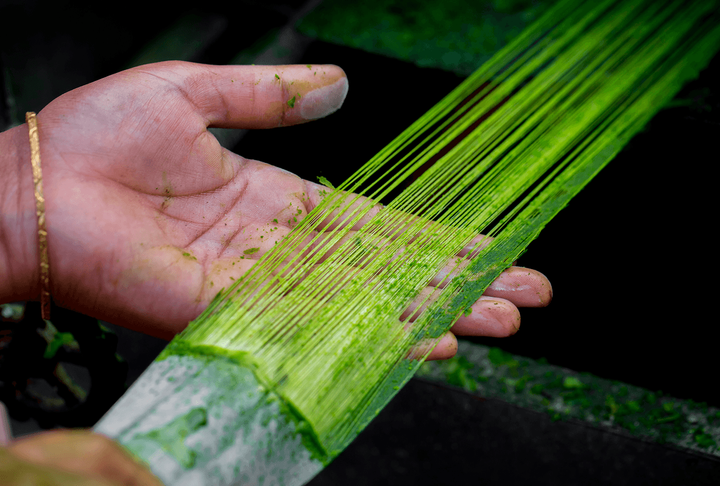Our impact
For over a decade, Circle Economy has delivered real-world impact at scale—helping businesses and governments shift toward a circular economy. Our work is rooted in science, guided by nature, and powered by partnerships.
In the past 10 years, we have empowered:
Businesses & organisations
Cities
Nations
We have trained:
People
in circular economy principles
We have shaped:
Circular strategies, plans & bills
across the world
We have developed:
Circularity Gap Reports
for cities, regions, nations, and sectors across the globe
Our mission
We empower industries, cities and nations with practical and scalable solutions to put the circular economy into action.
To avoid climate breakdown, our goal is to double global circularity by 2032.

Making impact with nature as our guide
At Circle Economy, we turn collective ambition into measurable action. We partner with businesses, governments, and institutions to accelerate the shift to a circular economy—guided by the regenerative principles of nature.
Our approach delivers scalable, data-driven solutions that benefit both people and the planet. Backed by tangible results and trusted by global stakeholders, our work demonstrates how circular strategies create real impact, at speed and at scale.

Download our Impact Reports
Our annual Impact Reports provide a comprehensive overview of our progress, key projects, and the collective efforts that are shaping our future.
And check out our previous reports
Download Impact Report 2023Download Impact Report 2022Download Impact Report 2019/20
Financial reports
Our annual financial reports provide a clear overview of our funding, spending, and financial health, reflecting our commitment to transparency and accountability.

Inspired by our impact and ready to contribute to a more circular world? We invite you to connect with our team to explore potential collaborations and how we can achieve even greater impact together.


